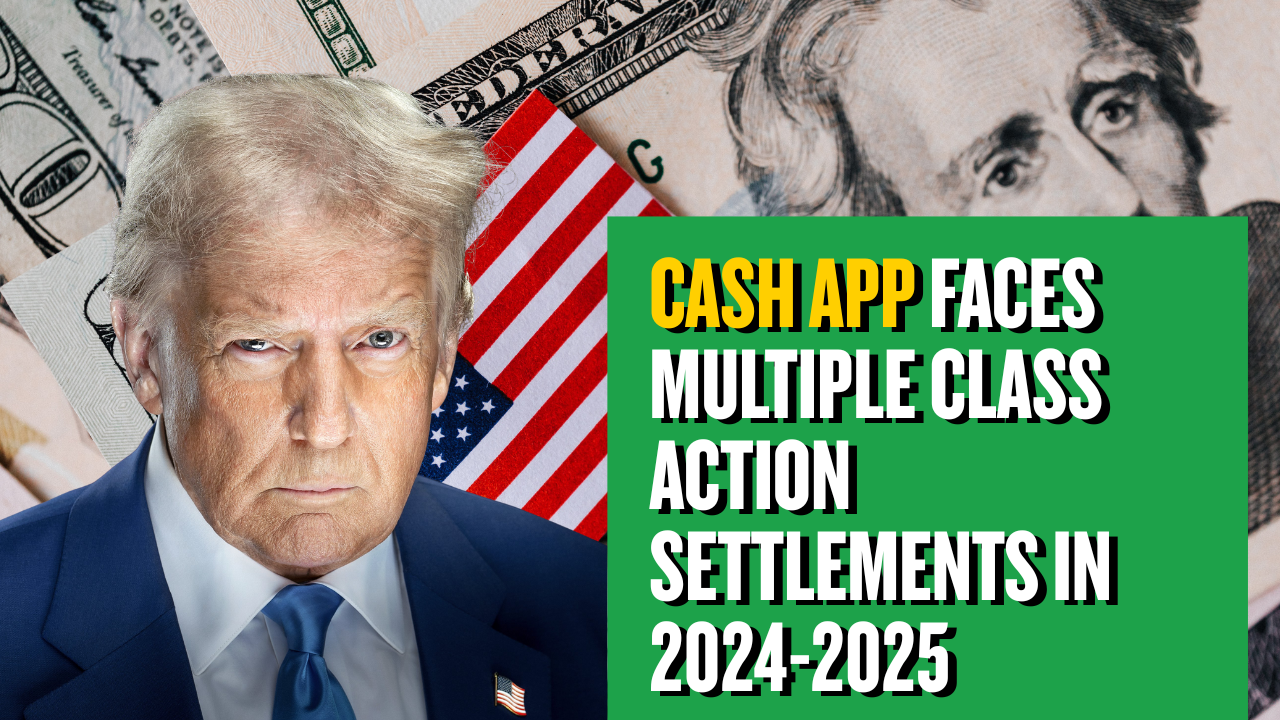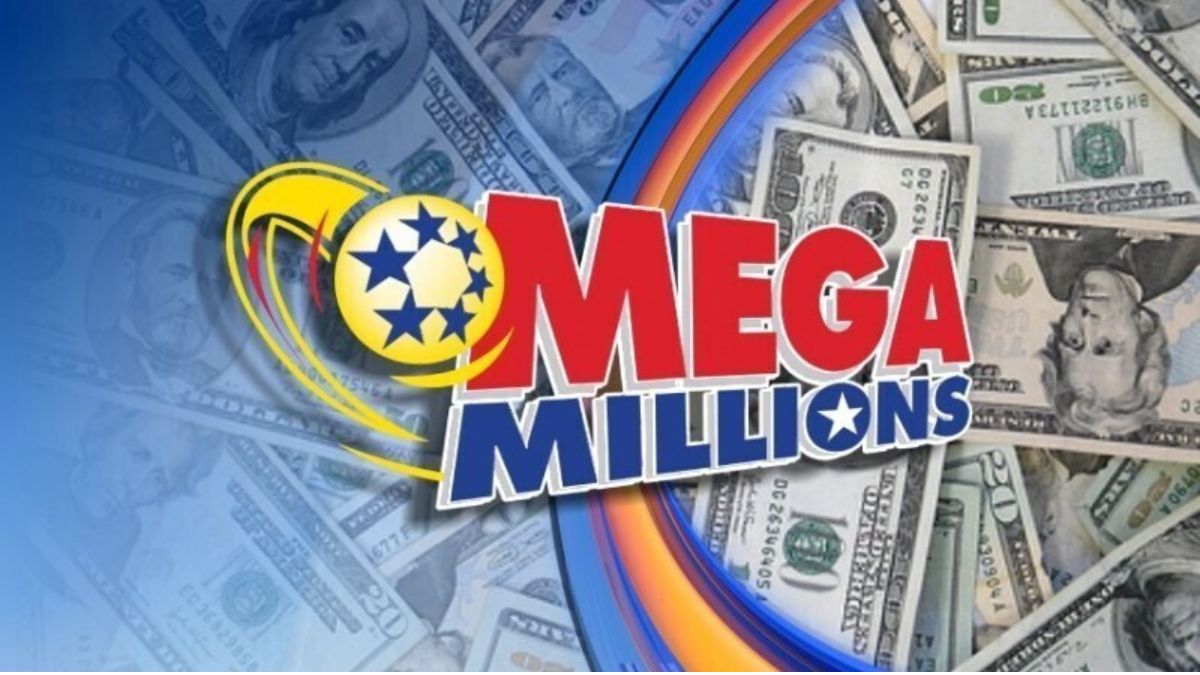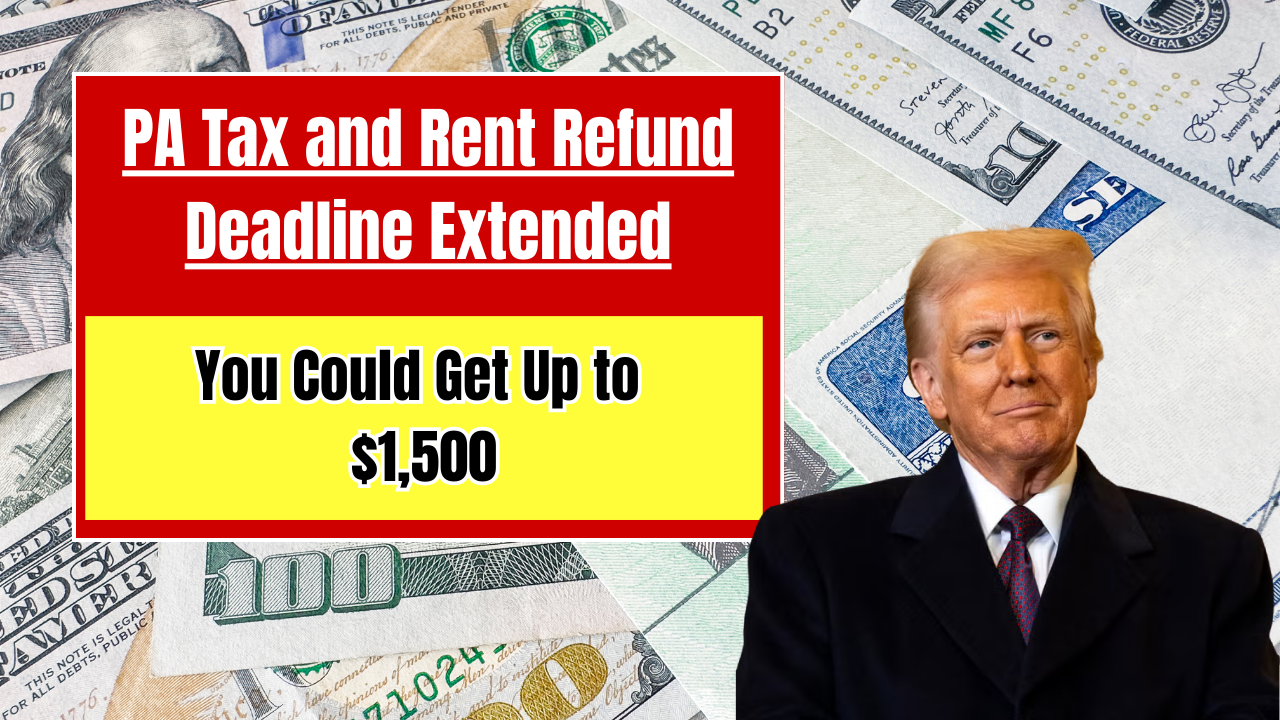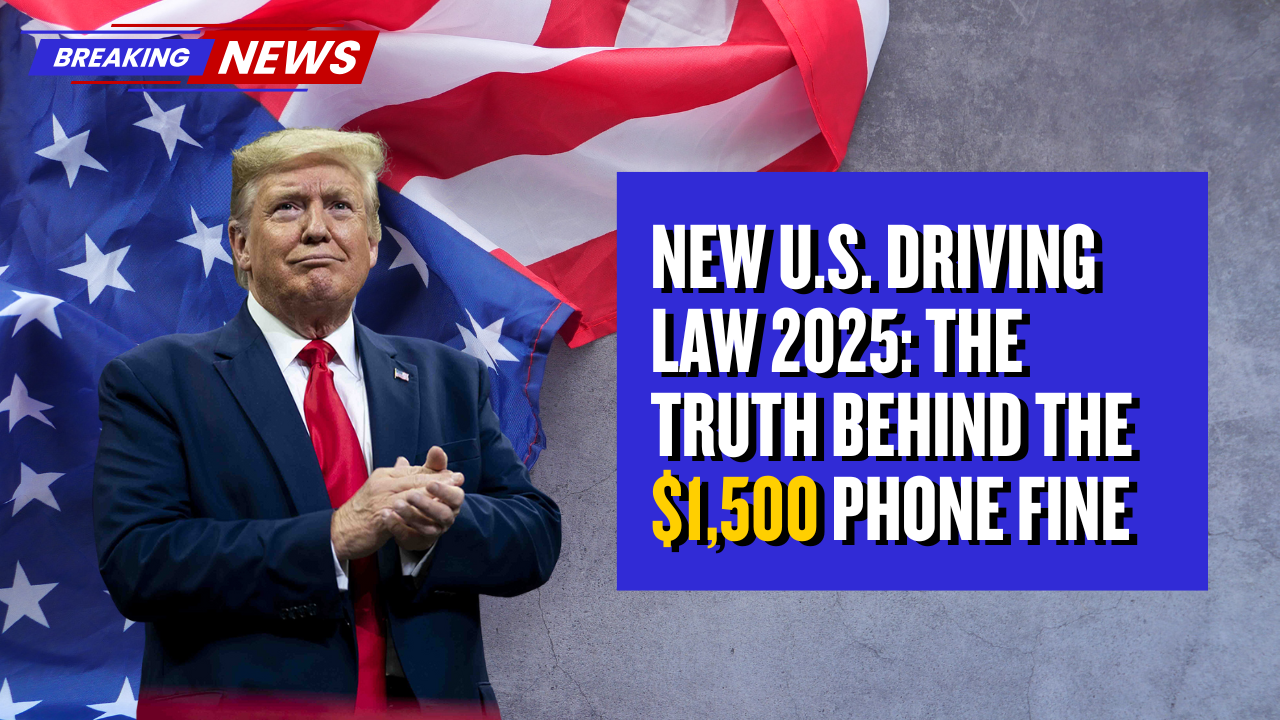Cash App users may be eligible for compensation from multiple separate class action settlements, but the details differ significantly from many circulating claims online.
Mobile payment platform Cash App and its parent company Block have agreed to resolve several distinct legal disputes through settlements, each with different eligibility criteria, payment amounts, and deadlines. Understanding which settlement applies to specific users requires careful examination of the individual circumstances.
The Washington Text Message Settlement
The most recently finalized settlement involves a $12.5 million fund for Washington State residents who received unsolicited Cash App referral text messages between November 2019 and August 2025 . The claims deadline for this settlement passed on October 27, 2024, with payments expected to range from $88 to $147 per claimant.
This case, known as Bottoms v. Block Inc., centered on Cash App’s Invite Friends referral feature. The lawsuit alleged that Washington’s Commercial Electronic Mail Act prohibits companies from sending spam emails and texts to state residents without consent, with the prohibition covering third parties who assist in transmitting those messages.
The settlement was specific to Washington State residents only, contrary to some online claims suggesting nationwide eligibility. Users outside Washington do not qualify for this particular settlement regardless of whether they received referral texts.
The Data Breach Settlement
A separate and more substantial settlement addresses security breaches that compromised Cash App user information. Block agreed to a $15 million settlement for data and security breaches, with eligible customers able to claim up to $2,500 each for documented losses .
This settlement stems from two distinct security incidents. In 2021, a former employee downloaded reports of some users without permission, and in 2023, an unauthorized user accessed Cash App accounts using recycled phone numbers linked to accounts.
According to the <a href=”https://www.sec.gov”>Securities and Exchange Commission</a> filings, the December 2021 breach exposed personal information including full names, brokerage account numbers, and portfolio details of approximately 8.2 million users.
People whose accounts were accessed without authorization or who had fraudulent withdrawals or transfers between August 23, 2018, and August 20, 2024 could file claim. The claims deadline for this settlement was November 18, 2024.
What Users Could Actually Claim
The data breach settlement offered more substantial compensation than the text message settlement. Eligible users could claim up to $2,500 for out-of-pocket expenses including late payment fees, overdraft charges, credit monitoring costs, and card replacement expenses, plus up to three hours of lost time at $25 per hour.
Users who experienced monetary losses from fraudulent transactions could file additional claims for those amounts, provided they submitted supporting documentation such as police reports and financial records.
The Washington text message settlement, by contrast, offered significantly less compensation per person, reflecting the different nature of the harm alleged in that case.
Critical Distinctions From Misleading Claims
Many websites have published confusing or inaccurate information about these settlements, often conflating details from the separate cases. Key corrections include:
The $147 payment figure applies only to the Washington State text message settlement, not a nationwide data breach settlement. The data breach settlement offered up to $2,500, not $147, and had completely different eligibility criteria.
No settlement is currently accepting new claims in 2025. The Washington text settlement deadline passed in October 2024, and the data breach settlement deadline passed in November 2024.
The settlements are not interchangeable. Having a Cash App account affected by a data breach does not automatically qualify users for the text message settlement, and vice versa.
Why The Confusion Exists
The overlap in timing and the fact that both settlements involve Cash App has created widespread confusion among users trying to determine their eligibility. According to the official Cash App Security Settlement website, eligible users were those who experienced specific data breach incidents, not general account holders.
Additionally, scam websites have proliferated, making false claims about eligibility and payment amounts. The <a href=”https://www.bop.gov”>Federal Trade Commission</a> regularly warns consumers about settlement-related scams that use legitimate case names to steal personal information.
Official Settlement Websites
The Washington text message settlement information is available at bottomstextsettlement.com , while the data breach settlement used cashappsecuritysettlement.com as its official portal.
Users should only interact with official settlement administrator websites and never provide personal information to unsolicited contacts claiming to represent settlement administrators.
What This Means For Cash App Users
Both settlements have closed their claims periods, meaning new claimants cannot join at this time. Users who filed valid claims before the respective deadlines should receive notifications about payment distribution timelines from the settlement administrators.
The final approval hearing for the data breach settlement was rescheduled for January 13, 2025, after which payment distribution would begin for approved claims.
For the text message settlement, a federal judge in Seattle was expected to assess the fairness of the settlement following the claims deadline.
Protecting Yourself From Scams
The legitimate settlements have generated numerous copycat scam operations. Cash App users should be extremely cautious about any communication claiming they are owed settlement money, especially if they never filed a claim.
Red flags include requests for upfront payments, demands for Social Security numbers beyond what official settlement forms require, and promises of payment amounts that don’t match official settlement terms.
Only settlement administrator communications sent to addresses or email accounts registered with Cash App during the relevant time periods should be considered potentially legitimate, and even those should be verified through official settlement websites.
The Broader Implications
These settlements highlight growing concerns about digital payment platform security and marketing practices. The data breach case particularly underscored vulnerabilities in how fintech companies handle employee access to sensitive information and manage account security features like phone number recycling.
The text message settlement addresses a different but equally important issue: whether payment apps can incentivize users to market services to their contacts without proper consent mechanisms.
Both cases serve as reminders that consumers have legal recourse when companies fail to adequately protect data or respect communication preferences, even as the practical value of individual settlements may be modest compared to the time investment required to file claims.



